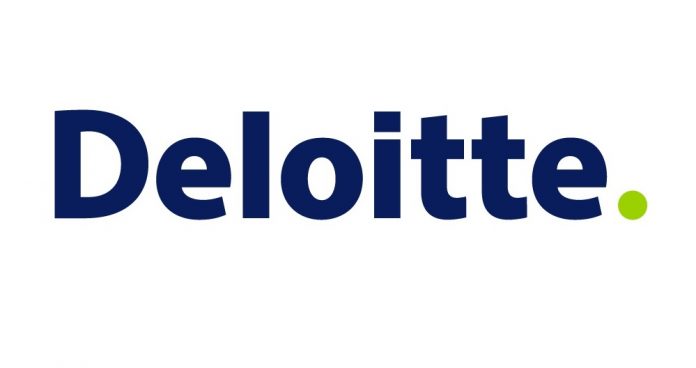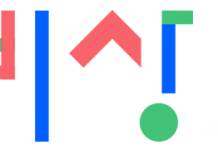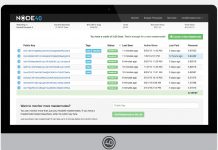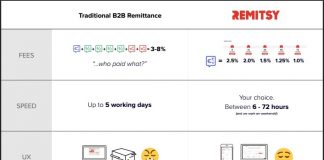Deloitte has released its “Blockchain: Opportunities for Health Care“, describing the ways in which blockchain-enabled technology can benefit health care, following the Department of Health and Human Services’ blockchain ideation challenge. Deloitte has identifies opportunities as well as a framework to help health care leaders determine how blockchain could improve the nation’s health care.
RJ Krawiec, principal at Deloitte Consulting LLP and a health innovation leader in its federal government services practice, remarked: “Blockchain technology – a distributed digital ledger that records and stores transactions – has transformative potential. For example, the current state of health care records is disjointed and stove-piped due to a lack of common architectures and standards. But through the blockchain private key mechanism, patients could own their medical records and share information with health care organizations much more seamlessly and securely. Blockchain is not a panacea, but it could present a paradigm shift for the way the health care ecosystem treats medical records today.”
Managing director of Deloitte Consulting LLP, and chief technology officer of ConvergeHEALTH by Deloitte, Dan Housman said: “HHS is right to track this rapidly evolving field to identify trends and areas where government support may be needed for the technology to realize its full potential in health care. A blockchain-enabled, trusted exchange of health information can provide longitudinal views of patients’ health, generate new insights about population health and support the move toward value-based care.”
The main points that Deloitte focussed on included the ability to maintain a secure exchange without complex brokered trust, reduced costs, the ability to link different patient systems and distribute information. To help advance Health and Human Services’ future use of blockchain technology, Deloitte describes how HHS could map and convene the blockchain ecosystem that could coordinate early adopters and support a consortium for dialogue and discovery.
Deloitte also laid out a four-step framework for health care leaders to evaluate opportunities to adopt blockchain technology:
1.Initiate: Identify the right pre-conditions for using the technology
2.Design: Determine which of the two primary use cases to consider: verify and authenticate information; or transfer value
3.Strengthen: Consider smart contracts that automatically execute when conditions are met
4.Implement: Choose a permission-less or a permissioned blockchain and select a blockchain protocol that guides the structure of the blockchain and development of applications












